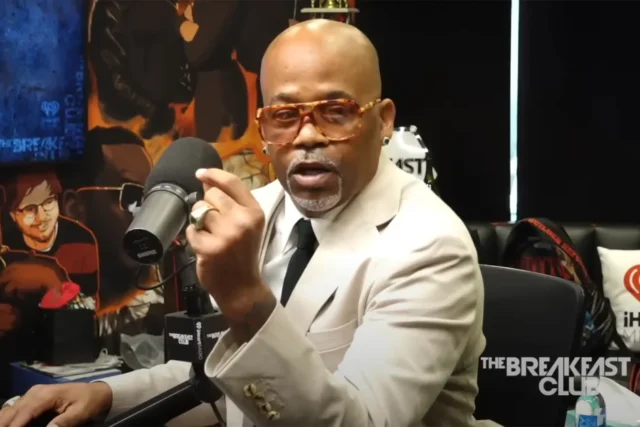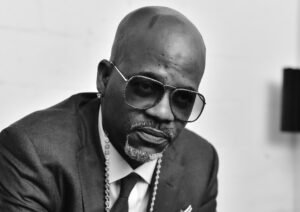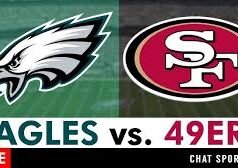When Dame Dash sits down for an interview, you know it won’t be business as usual. His appearance on The Breakfast Club was no exception—sparking conversation, debate, and even controversy. But beneath the bold delivery and unapologetic tone were sharp lessons on wealth, ownership, and power. Dash didn’t just talk about making money; he laid out a philosophy built on independence, legacy, and self-respect. From his refusal to glorify traditional jobs to his insistence on ownership as the true measure of success, Dame’s words cut through the noise with a blueprint for those who dare to think differently about business and life.
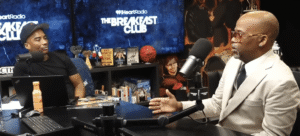 Damon Dash, more commonly known as Dame Dash, is one of the more polarizing — but unquestionably influential — figures in entrepreneurship in music, fashion, media, and cultural business. His approach combines boldness, a deep conviction about ownership, risk-taking, and an almost uncompromising set of values. Below I break down his style, his major wins and losses, and what you can learn from both.
Damon Dash, more commonly known as Dame Dash, is one of the more polarizing — but unquestionably influential — figures in entrepreneurship in music, fashion, media, and cultural business. His approach combines boldness, a deep conviction about ownership, risk-taking, and an almost uncompromising set of values. Below I break down his style, his major wins and losses, and what you can learn from both.
Early Foundations & Entrepreneurial Rise
-
Co-founding Roc-A-Fella Records: In 1995, Dash, Jay-Z, and Kareem “Biggs” Burke started Roc-A-Fella Records. This was a classic bootstrap move: spotting a market opportunity, building infrastructure for production and distribution, and leveraging culture to build brand. blackentrepreneurprofile.com+2Forbes+2
-
Rocawear: Expanding from music into fashion, Dash co-founded Rocawear, which became a major urban fashion line. This was a key diversification — not all music moguls translate into apparel, but Dash leveraged cultural cues, brand identity, and trend awareness. Celebrity Owners+3blackentrepreneurprofile.com+3Forbes+3
-
Multiple business verticals: Beyond records and clothes, Dash has worked in film production, media platforms, content distribution, creative collectives (e.g. DD172), lifestyle networks, health (e.g. Dash Diabetes) etc. Onassis Krown+3Forbes+3REVOLT+3
Philosophical & Strategic Principles
From what can be gathered in interviews and profiles, here are some of the core ideas that guide his business sense:
-
Ownership & control: This is central to how Dash sees business. He frequently emphasizes that doing the work without owning the product, the brand, or the profits is short-changed. He pushes for creatives and entrepreneurs to own what they build. Forbes+2Rolling Out+2
-
Cultural leverage: Dash understands culture both as product and as power. He often points out that culture (especially Black culture) is commodified by others, and he argues that creators should be the ones to sell it, not just consume it or buy it back. Rolling Out+2Forbes+2
-
Long-term thinking & legacy: Not just short-term profit. He speaks about generational wealth, building things to pass down, building businesses with staying power, not just momentary fame. Forbes+2REVOLT+2
-
Risk & experimentation: Dame Dash seems willing to try many things, accept failures, assume risk. Also, adaptivity is part of his model. He talks about seeing what sticks, throwing things against the wall, etc. REVOLT+1
-
Principles, integrity & self-respect: He often frames business in moral terms: respect, honesty, keeping your word, being true to your vision even if unpopular. He often rejects conforming for the sake of business; in many stories he’s had friction because he wouldn’t compromise values. Forbes+1
-
Financial literacy & empowerment: Especially in interviews about Black economic issues, Dash talks about how lack of economic education is a structural barrier; that knowing business basics (revenue, costs, ownership shares, contracts) matters deeply. Rolling Out+1
Wins, Setbacks & Challenges
No entrepreneurial journey is without mistakes, and Dash has had both big successes and serious struggles.
Major Wins
-
Cultural impact: Roc-A-Fella Records launched Jay-Z and others, became a cultural phenomenon. It earned prestige and legacy.
-
Rocawear had huge commercial success, making urban fashion mainstream.
-
Diverse ventures: Even when one business slowed, he typically had others; films, content, etc. Also the ability to pivot (e.g. digital content, lifestyle platforms) shows adaptability.
Major Missteps & Losses
-
Financial/legal liabilities: Recently, there are reports of him losing companies and copyrights because of an estimated $800,000 debt via a defamation/copyright lawsuit. Some of his production companies and copyrights are being forfeited. Archyde
-
Asset management / ownership structuring challenges: Some reports suggest that although he built many businesses, he has in some cases lost legal control or had to sell stakes under pressure. Issues such as ownership being in others’ names, taxes, contradictions in contracts, have cost him. Celebrity Owners+2blackentrepreneurprofile.com+2
-
Public perception & conflict: His outspokenness sometimes causes reputational conflict, which can complicate partnerships, negotiations, or public/investor relationships. While some of this is also part of his brand, it sometimes seems to have real business cost.
-
Cash flow, sustainability: Dash has spoken about losses, being a CEO requiring sustaining periods without profit, consistent risk of running out of money. The strategy isn’t always tidy. Rolling Out+1
Current Status & Recent Events
-
There are legal rulings forcing him to forfeit some companies and copyrights tied to certain ventures due to unresolved judgments. Archyde
-
At the same time, he has relaunched or reinvested in digital content and media businesses — such as the Damon Dash Studios app, content distribution models, etc. REVOLT
-
He is still vocal on conversations about Black wealth, ownership of culture, and encouraging financial literacy. REVOLT+1
Lessons & What Others Can Learn from His Business Sense
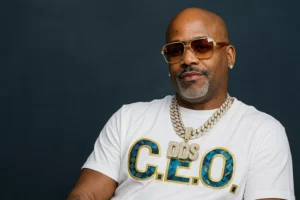
-
Always aim for ownership. Whatever industry or field you’re in, building and owning equity (brand, IP, business structure) can lead to exponential leverage.
-
Diversify but manage risk. Trying many business lines can help cushion losses, but you also need structures, contracts, and legal protections to prevent things unraveling when liabilities grow.
-
Don’t sacrifice principles for short-term wins. Values, reputation, integrity matter in sustaining business, especially in communities where your voice carries weight.
-
Educate yourself — legally, financially, structurally. Understanding contracts, taxes, asset protection, corporate law can save many pitfalls.
-
Culture is power. Cultural relevance isn’t just marketing; it’s a marketplace. If you understand culture, you understand a major value driver.
-
Be willing to be visible, to risk failure, and to confront criticism. Dame Dash often says that being ahead of people invites criticism, but that failure and risk are part of how you spot what’s next.
Overall Assessment
Dame Dash embodies a business sense that is part visionary, part contrarian, and part street hustle. He sees enterprise not just as making money, but as building identity, culture, and legacy. That gives him strength, but also exposes vulnerabilities — particularly around legal risk, debt, and the cost of being outspoken in a business environment that sometimes rewards conformity or diplomacy.
His business sense is strongest when he’s moving with clarity of purpose: when ownership is clear, when strategies align with his identity, when he’s leveraging culture directly. His weaknesses often emerge when legal and financial disciplines haven’t been tightened or where external pressures force suboptimal decisions.


